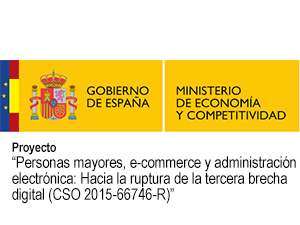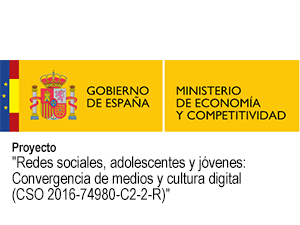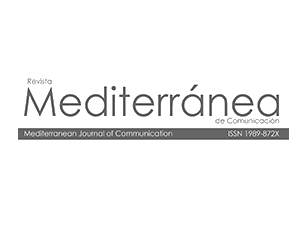Resumen
En el Siglo XVIII, el filósofo inglés Jeremy Bentham creo la arquitectura carcelaria panóptica. Este tipo construcción de estructura circular tiene como principal objetivo la observación de todos los prisioneros de la cárcel, sin que estos sepan que están siendo observados. De esta forma, y al saberse espiados en determinados momentos del día, los reclusos cambiarán su conducta y no podrán llevar a cabo conductas irregulares o anormales. El concepto del panóptico volvió a ser estudiada en el Siglo XX por el filósofo francés Michel Foucault que argumentó que esta estructura carcelaria sirve como alegoría para normalizar determinados comportamientos en las sociedades modernas. Foucault volvió a la idea del panóptico a mediados de los años 70, un momento histórico en el que el ser humano es consciente de que el hecho de mirar a otros sin ser observado supone ejercer un determinado poder sobre ellos.
La privacidad es un elemento en esencial en relación a la conducta de los seres humanos, cuyos comportamientos cambian al sentirse completamente solos en un determinado espacio. Asimismo, con la llegada de la revolución tecnológica, la barrera entre lo público y lo privado se ha visto alterada, dando lugar a la aparición de imágenes o videos personales que no deberían haber llegado a la esfera pública.
Sin embargo, redes sociales tales como Facebook, Instagram o Twitter han alterado el comportamiento de un amplio sector de la sociedad en cuanto a la privacidad se refiere. Actualmente, los usuarios de estas plataformas buscan documentar y enseñar sus vidas a través de Internet, dejando en muchas ocasiones de lado su intimidad. Conjuntamente, dichas redes sociales incorporan cada día nuevas e innovadoras herramientas con las que documentar nuestras vidas y compartirlas con el mundo. Como consecuencia, cualquiera puede saber lo que hacemos día a día, la zona en la que vivimos o que actividades hemos realizado el los últimos días.
De esta forma, esta ponencia desarrollará la idea de cómo de las redes sociales funcionan como una herramienta para observar a los demás sin ser visto, al igual que el panóptico ideado por Jeremy Bentham y reformulado por Michel Foucault. Además, también se debatirá el concepto de “poder” en la relación al acceso que se tiene en la actualidad a la vida privada de una parte de la sociedad.
Palabras Clave / Panóptico / privacidad / redes / redes sociales / vulnerabilidad
Abstract
On the XVIII Century, British philosopher Jeremy Bentham created the Panopticon jail. The main goal of this circular-structured building is to observe the prisoners without them know the fact that they are being watched. Thereby, by them know that they are being observed, prisoners will change their behaviors not being able to perform irregular o abnormal conducts. The concept of Panopticon was again studied in the XX Century by the French philosopher Michel Foucault who argued that this jail structure could be used as an allegory to normalize some behaviors in modern societies. Foucault returned to this concept in the middle of the seventies, a historic moment in which humans know that watching others without being gazed means a certain degree of power over them.
Privacy is a key element in the conduct of humans, whose behaviors change when they are found alone in a certain space. Consequently, the arrival of the technological revolution has broken the wall between the private and the public sphere, leading the appearance of personal information that should not be insight.
However, social networks such as Facebook, Instagram or Twitter have altered the behavior of a big part of society in relation with their privacy. At the present time, users of these particular platforms seek to show and document their daily lives to others through Internet, leaving behind their intimacy. In addition, social media has released new innovative features, which allow people to document their lives and share them with the world. As a result, everyone could know what we do in our daily life, the place where we live or the activities that we have done on the last days.
Therefore, this presentation will develop the concept of how social media can be used as tool to observe the world without being watched, the same way that the Panopticon created by Jeremy Bentham and reformulated by Michel Foucault does. Besides, the presentation will also debate the concept of “power” in relation to the access that we have to a big part of societies’ private life.
Keywords / Panopticon / privacy / Social Media / social networks / vulnerability
FIRMANTES
| Nombre | Adscripción | Procedencia |
|---|---|---|
| Jesús Soler Fernández | Universidad CEU San Pablo | Madrid |
| Rebeca Suárez Álvarez | Universidad CEU San Pablo | Madrid |















